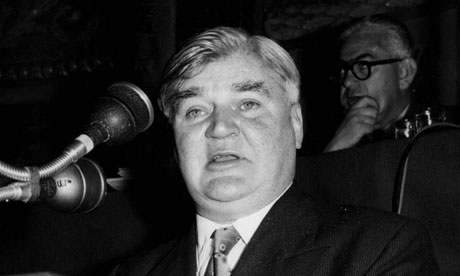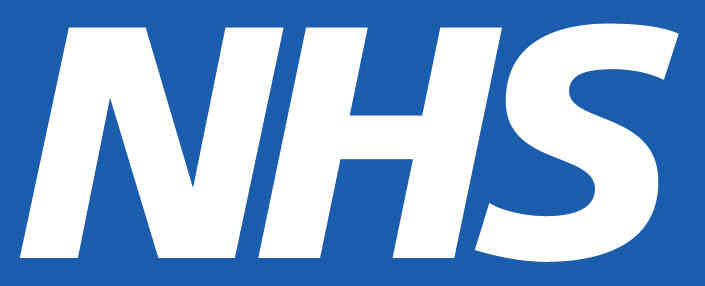-----> This report has come to be regarded as singly the most significant social and policy document of the 20th century
Aims of the Beveridge report
-abolition of the 5 Giants - want, igornance, disease, squalor and idleness
 --> proposed a universal scheme of insurance which would provide protection against distress accompanying sickness, inury and unemployment
--> proposed a universal scheme of insurance which would provide protection against distress accompanying sickness, inury and unemployment--> grants to ease financial hardships of maternity, parenthood and bereavement
--> avoided means testing
--> throughout report their was essential understanding that post-war welfare reforms will take place within the framework of continuing capitalism
--> report was liked by Labour and there was a broad agreement that social reconstruction would be a post-war necessity
--> not implemented by Churchill due to costs but Beveridge plan provided Labour with blueprint for social reconstruction
- National Insurance Act, 1946
- Industrial Industries Act, 1946
- National Health Service Act
- National Assistance Act, 1948
- (also education act 1944, and Family Allowances 1945)
Resistance to NHS
- Act setting up NHS passed in 1946 and was expecte to come into effect by 1947, but was delayed by medical professionals until 1948
---> March 1948 poll revealed that out of the 80% of medical professionals who voted, only 4735 supported the NHS, whilst 40,814 were against it
Reasons for opposition from medical professionals
- didn't want to be 'salaried civil servants' of the government
- feared too much government intervention in doctor:patients relationships
- removed independence of practitioners
- viewed it as a form of nationalisation, and treating the medical professional like an industry
==> Bevan ended up having to 'buy off' the BMA by 'stuffing their mouths with gold' as he put it. Eventually then, in 1948, the NHS came into effect with the following main features...
- Primary care provided by GPs, working as independent contractors being paid per patient on their books
 - Dentists and opticians, allow working as part of the NHS, would remain private practitioners
- Dentists and opticians, allow working as part of the NHS, would remain private practitioners- Hospitals run by 14 regional boards
- Local authorities to provide community services such as vaccinations and ambulance services
- Medical prescriptions provided free of charge
However, concessions had to be made to the BMA, including:
- Private practices could still exist so GPs could work for both NHS and private practices
- 'Pay-beds' could be reserved in NHS hospitals
- Teaching hospitals to be run by independent governors outside government control
Bevan believed that the NHS would not only solve societal issues in Britain but that it would also pay for itself (via reducing number of sick days etc) but this was rather unrealistic!!! He believed it was inconcievable that demand for treatment would outstrip supply and government revenue was simply insufficient to match the cost of drugs and treatment - something that started to occur in the mid-1950s. This problem, however, was only accentuated over following decades due to the population shift generating an ageing population, meaning that fewer people were paying taxes to fund this scheme; something that Bevan and other politicans can't really have been expected to forsee.
The NHS became Europe's biggest employer by the 1980s, arguably helping to dilute Britain's ongoing unemployment issues, but it struggled to get past the bureaucracy and deliver care to the patients, its primary aim. However, the largest issue it faced was the dandruff syndrome, an issue common to all systems offered without consumer charge., leading to wastage of resources on trivial complainants and accentuating costs far greater than Bevan's initial estimates.
 Over the next half a century, spending on the NHS became a topic of hot debate, and still is nowdays. Was Bevan right to incept a health care system that allowed people to 'freely' access health care? Or would the country be better off if Bevan left our once private health care system as it was? Fellow Geographers will have looked in to this idea a little and looked at examples, i.e the USA, of countries who do not have a freely available health care system like the NHS, and the issues its absence causes. I think Bevan was right to create the NHS and that millions of people have benefitted from it since its inception in 1948. There were some issues in the beginning and still are now, and it was a costing mistakes were a rather large oversight on Bevan's part, but I think the money was well spent and that Bevan was probably right in saying it would boost the countries productivity in the long run.
Over the next half a century, spending on the NHS became a topic of hot debate, and still is nowdays. Was Bevan right to incept a health care system that allowed people to 'freely' access health care? Or would the country be better off if Bevan left our once private health care system as it was? Fellow Geographers will have looked in to this idea a little and looked at examples, i.e the USA, of countries who do not have a freely available health care system like the NHS, and the issues its absence causes. I think Bevan was right to create the NHS and that millions of people have benefitted from it since its inception in 1948. There were some issues in the beginning and still are now, and it was a costing mistakes were a rather large oversight on Bevan's part, but I think the money was well spent and that Bevan was probably right in saying it would boost the countries productivity in the long run.
No comments:
Post a Comment